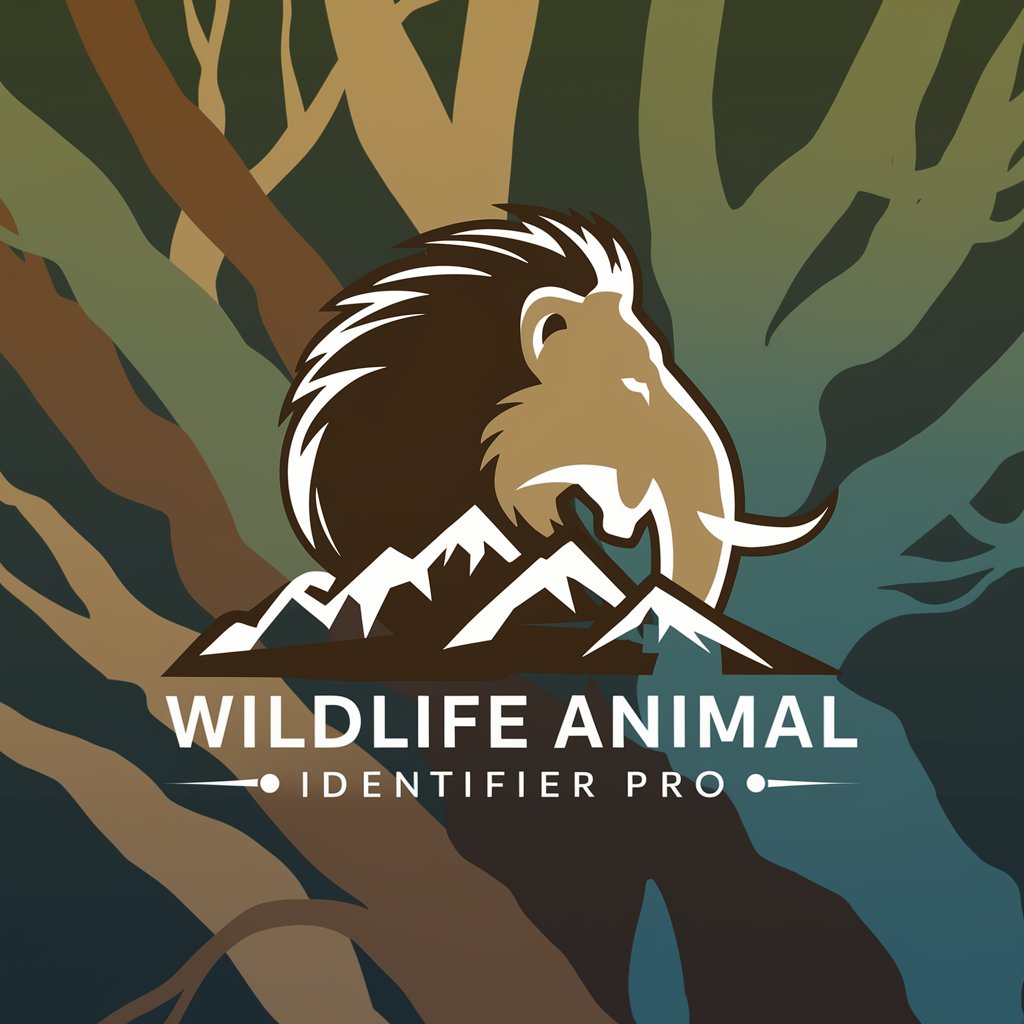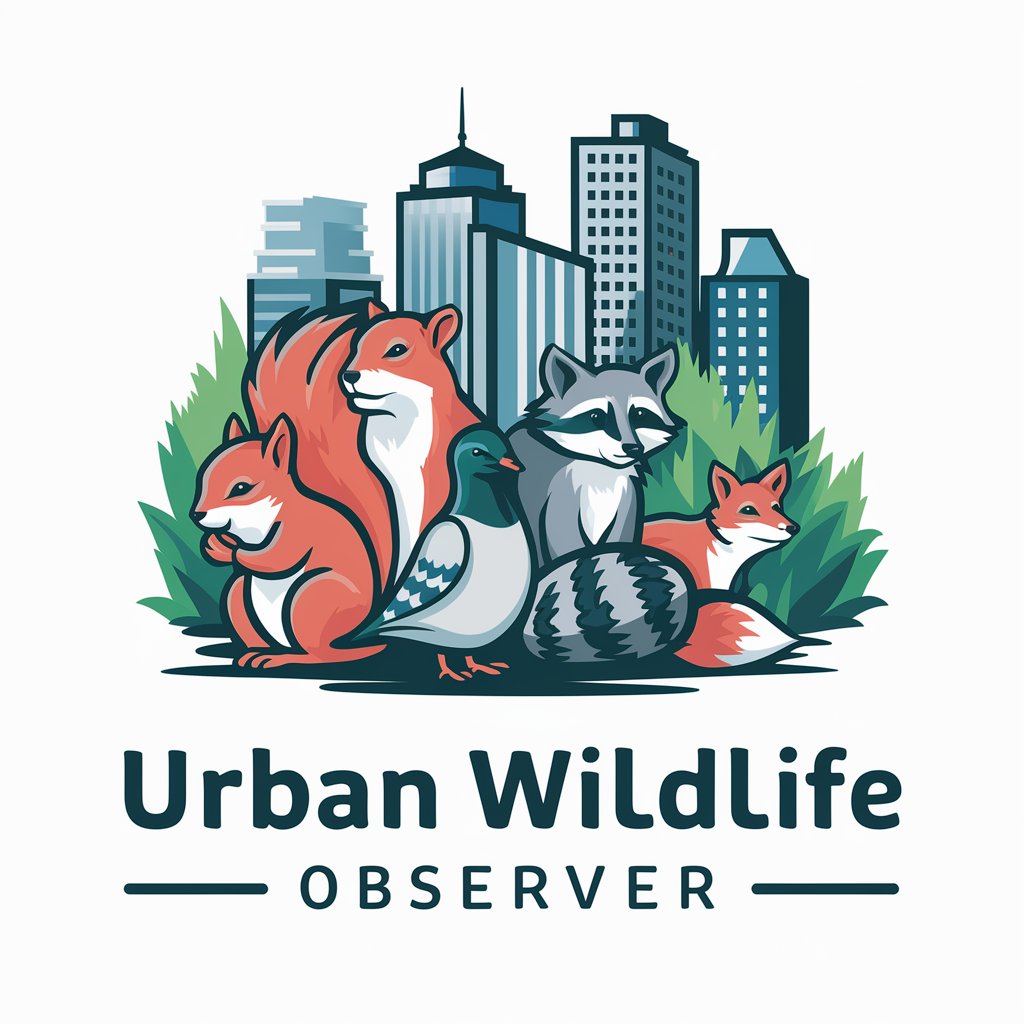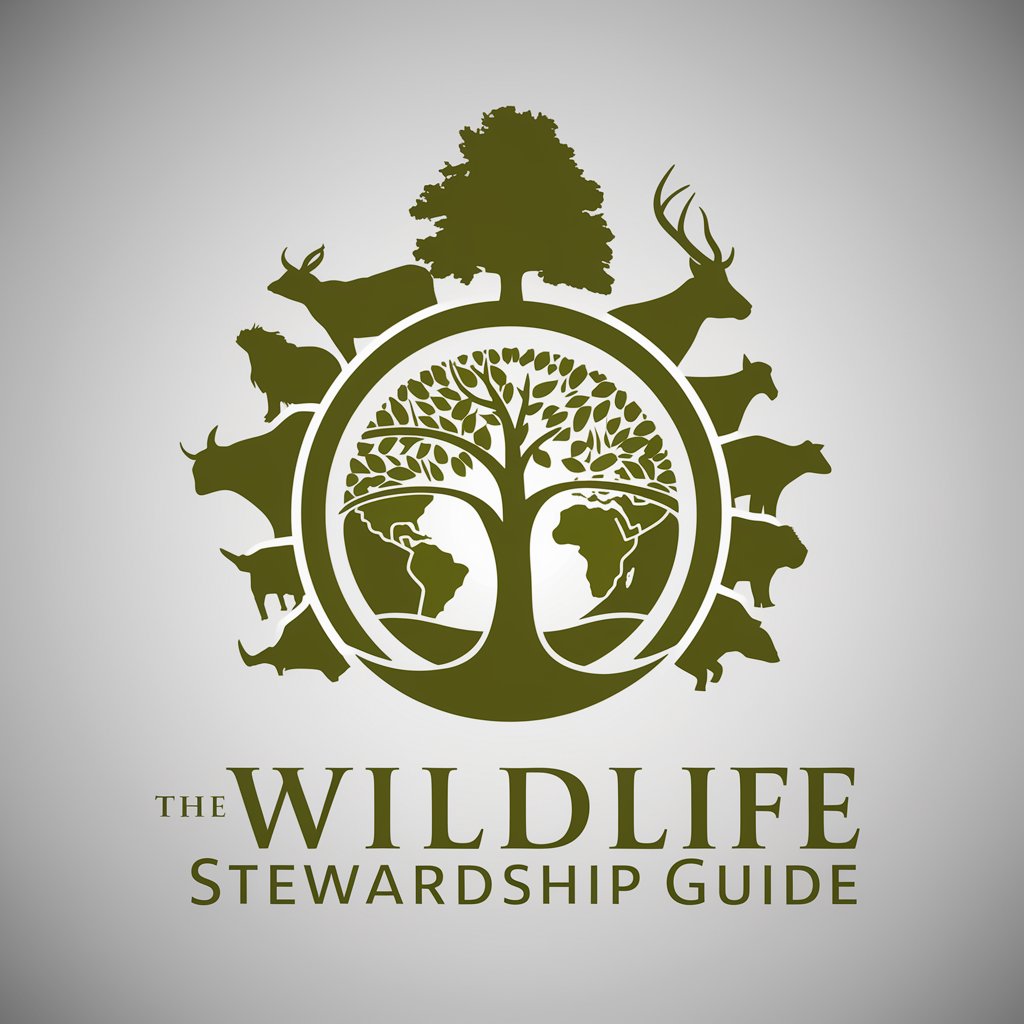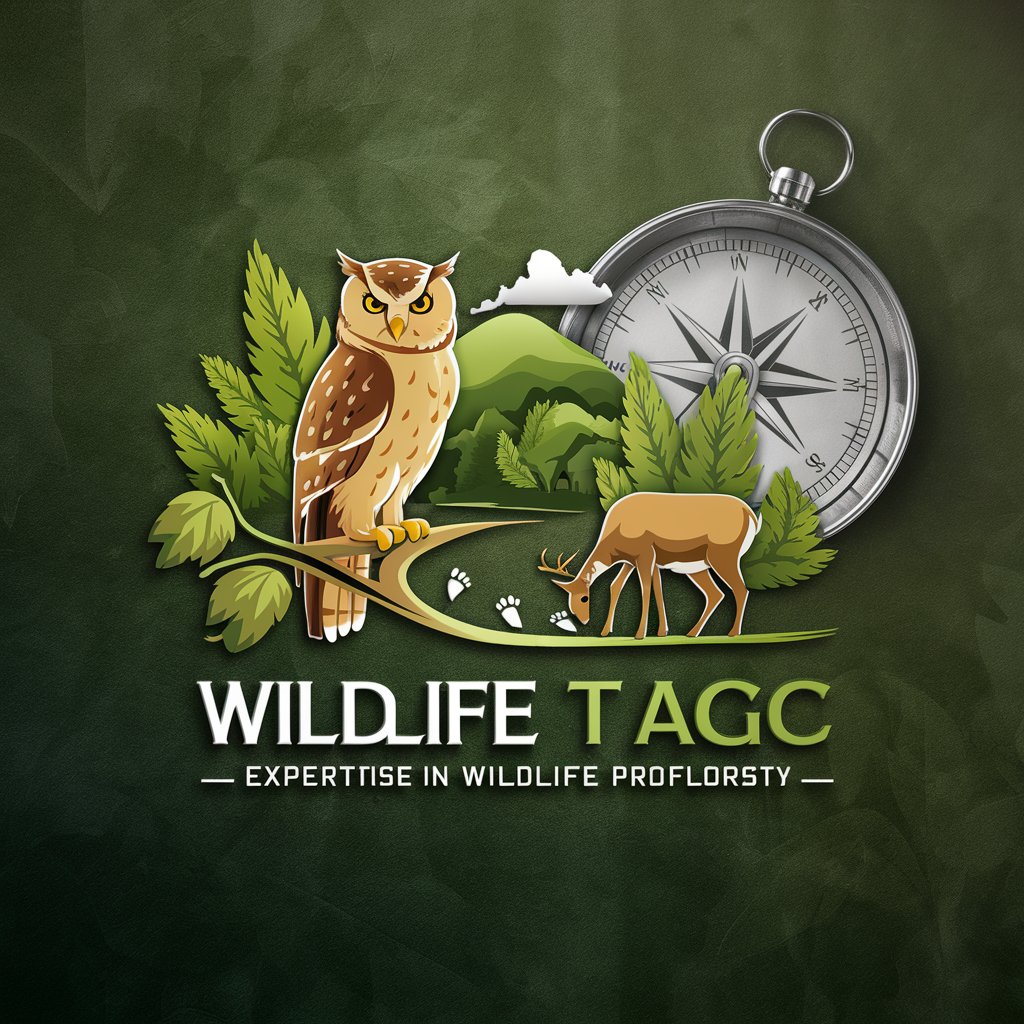
🐾 Urban Wildlife Spotter GPT 🦉 - Urban Wildlife Insights
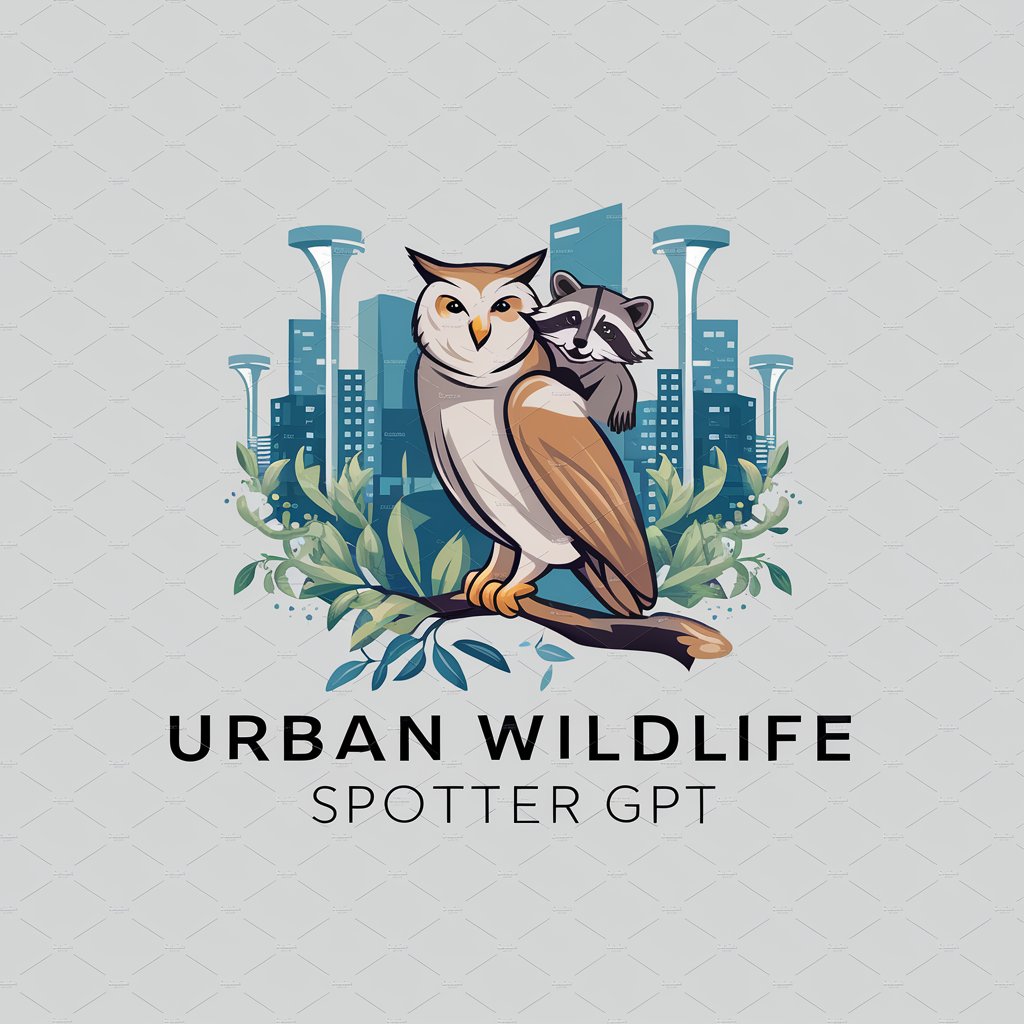
Welcome to Urban Wildlife Spotter GPT, your guide to city-dwelling wildlife.
Discover urban wildlife with AI.
Identify the wildlife species from this photo taken in an urban park.
What are the best ways to create a wildlife-friendly garden in a city?
How do raccoons adapt to living in urban environments?
Can you provide information on the diet and habits of urban foxes?
Get Embed Code
Introduction to 🐾 Urban Wildlife Spotter GPT 🦉
🐾 Urban Wildlife Spotter GPT 🦉 is designed as a specialized assistant to support users in identifying and understanding urban wildlife. This GPT focuses on educating about different species that thrive in urban environments, their habits, diets, and how they adapt to city life. It's crafted to enrich urban biodiversity awareness and encourage harmonious coexistence between humans and wildlife. Examples of its utility include identifying a bird species from a description or photograph, advising on how to attract pollinators to a city balcony, or providing insights into the nocturnal behaviors of urban foxes. Powered by ChatGPT-4o。

Main Functions of 🐾 Urban Wildlife Spotter GPT 🦉
Species Identification
Example
Identifying a bird based on a detailed description of its features and call.
Scenario
A user describes a bird seen in their backyard, noting its size, color, and unique song. The GPT uses this information to identify the species, such as a Northern Cardinal, and provides additional details about its diet, habitat, and nesting preferences.
Habitat Advice
Example
Offering tips for creating wildlife-friendly areas in urban settings.
Scenario
A city dweller seeks advice on making their balcony more appealing to birds and butterflies. The GPT suggests plants native to their area, the importance of water sources, and how to arrange the space safely for wildlife visits.
Wildlife Interaction Guidance
Example
Educating on safe and responsible ways to interact with urban wildlife.
Scenario
A user finds a raccoon regularly visiting their garden and wants to know how to interact without causing harm. The GPT advises against feeding it directly, securing trash bins, and provides guidance on coexisting with raccoons while minimizing conflicts.
Conservation Awareness
Example
Sharing information on urban wildlife conservation efforts and how individuals can contribute.
Scenario
A user is curious about local conservation projects they can participate in. The GPT offers information on community garden projects, citizen science opportunities, and local organizations focused on preserving urban green spaces and wildlife.
Ideal Users of 🐾 Urban Wildlife Spotter GPT 🦉 Services
Urban Residents
Individuals living in cities who wish to learn more about their non-human neighbors, create wildlife-friendly spaces, or simply enrich their understanding of urban biodiversity.
Educators and Students
Teachers looking for resources to introduce students to urban ecology, and students undertaking projects or research on urban wildlife. The GPT serves as a valuable tool for educational enrichment.
Wildlife Enthusiasts and Conservation Volunteers
People passionate about wildlife conservation, looking for ways to engage with urban biodiversity projects or seeking information on how to support local wildlife.
Municipal Planners and Environmentalists
Professionals involved in urban planning and environmental conservation who require insights into integrating wildlife-friendly practices into city landscapes.

How to Use 🐾 Urban Wildlife Spotter GPT 🦉
1
Visit yeschat.ai for a free trial, no login or ChatGPT Plus subscription required.
2
Choose the 🐾 Urban Wildlife Spotter GPT 🦉 from the list of available GPTs to start interacting with it.
3
Input your query related to urban wildlife identification, habits, or conservation. Be specific to get the most accurate information.
4
Use the image generation feature by requesting visuals of wildlife or habitats, enhancing your understanding through visual aids.
5
Explore the tool’s web browsing capability for the latest news on urban wildlife conservation, adding real-time context to your queries.
Try other advanced and practical GPTs
🔍✨ DermAssist: Skin Health Guide
AI-Powered Guide for Skin Health

✍ Handwriting Insight Explorer 🕵️♂️
Unveil personalities through handwriting with AI
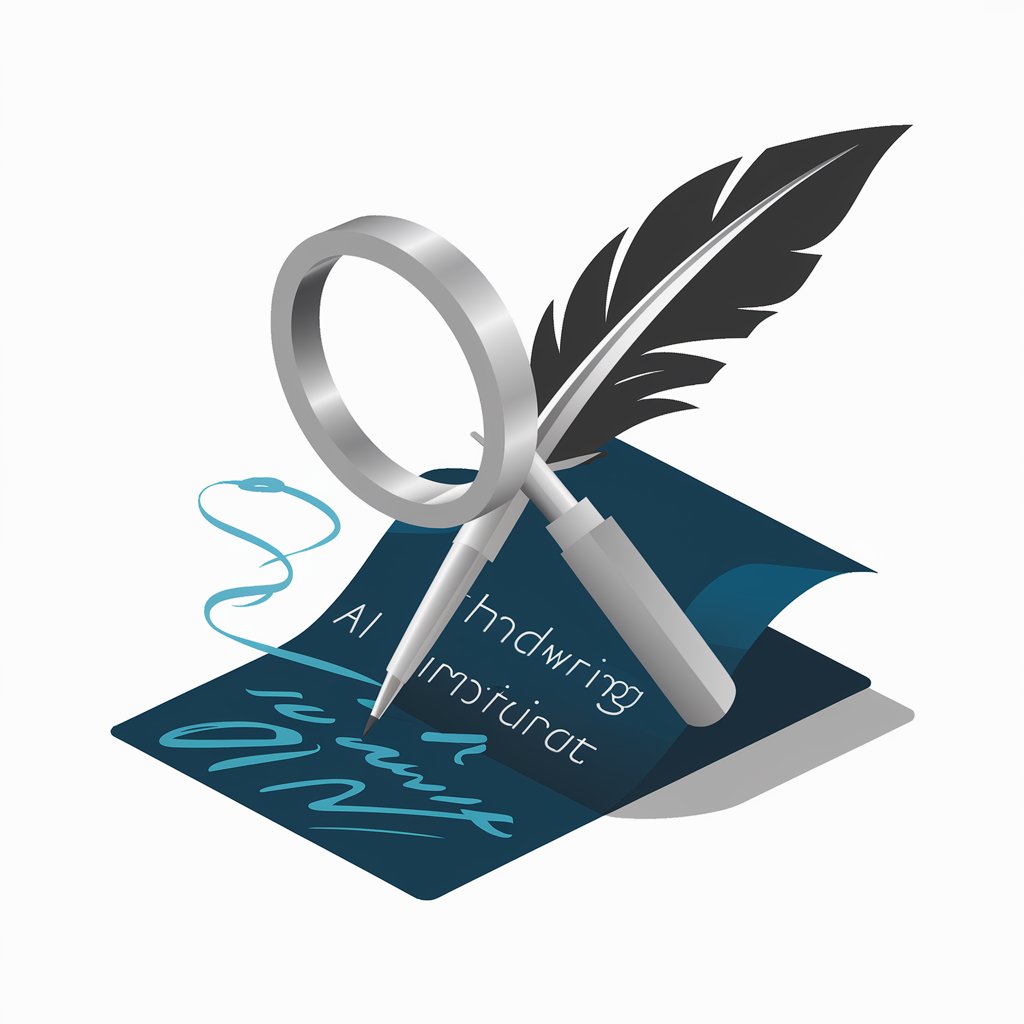
🎨 Urban Canvas Analyzer 🏙️
Deciphering the streets with AI-powered analysis

🐦 Avian Expert Identifier 🦉
Identify Birds with AI Precision
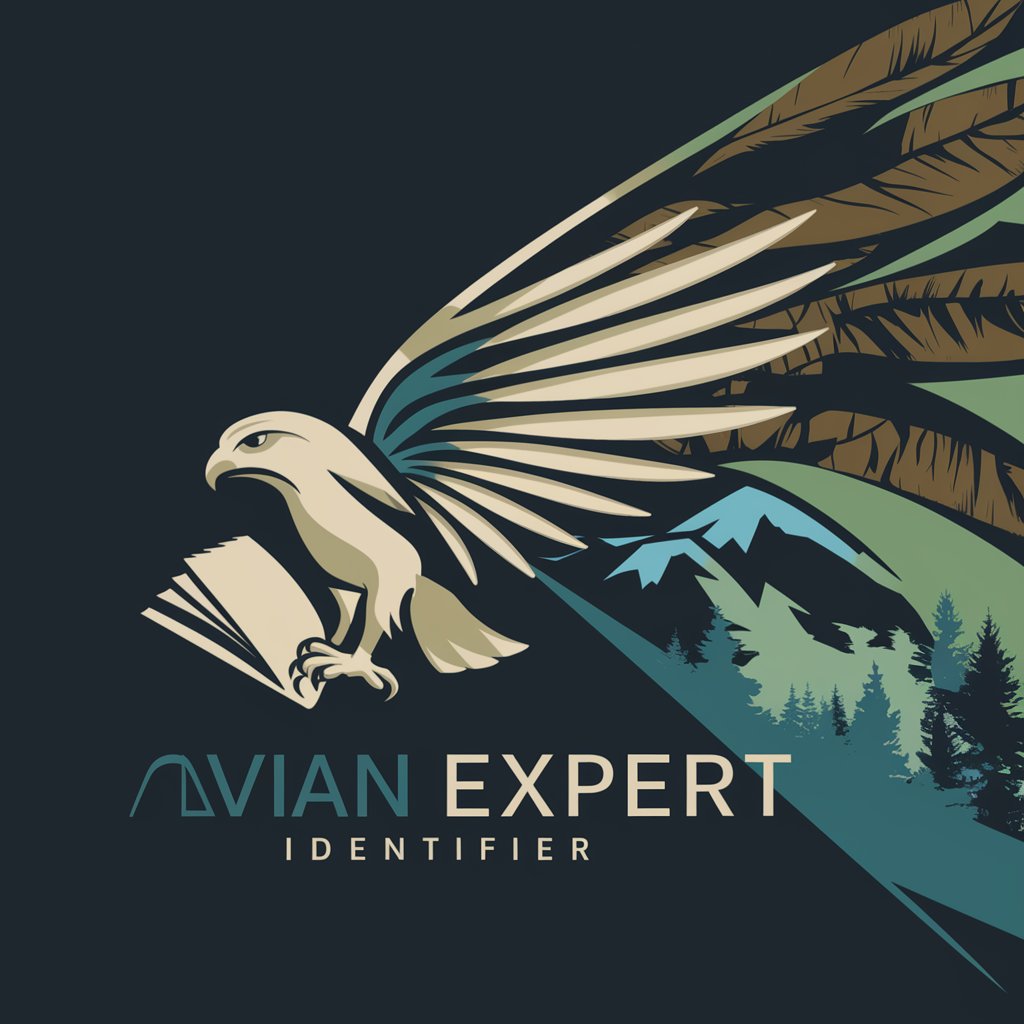
🪨🔍 GeoRock ID Expert 🕵️♂️🌍
AI-powered rock and mineral identification

🌟🔭 Celestial Guide: Constellation Seeker
Navigate the stars with AI-powered precision.
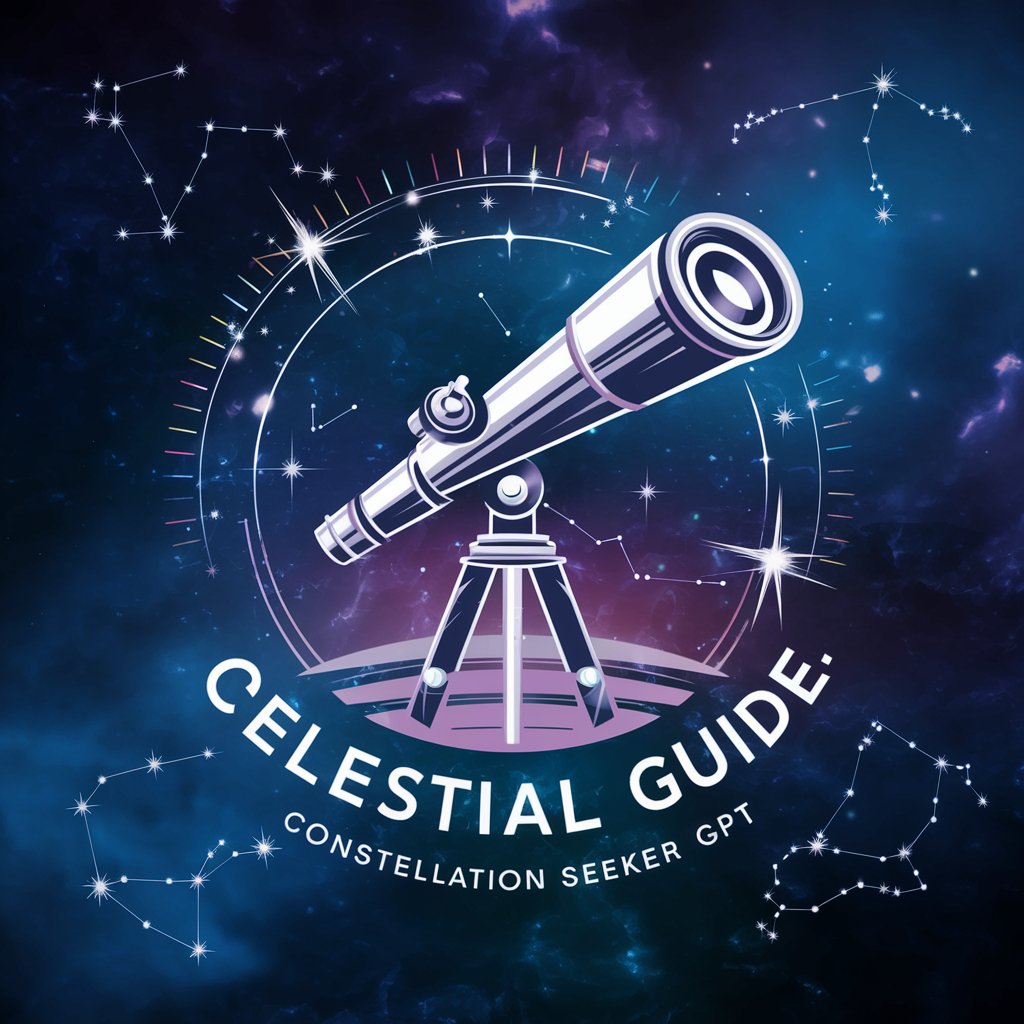
🏡✨ Chic Space Stylist Pro 🛋️🎨
Design Your Dream Space with AI

🏺 Ancient Relics Classifier GPT 🎨
Deciphering history with AI-powered artifact analysis.
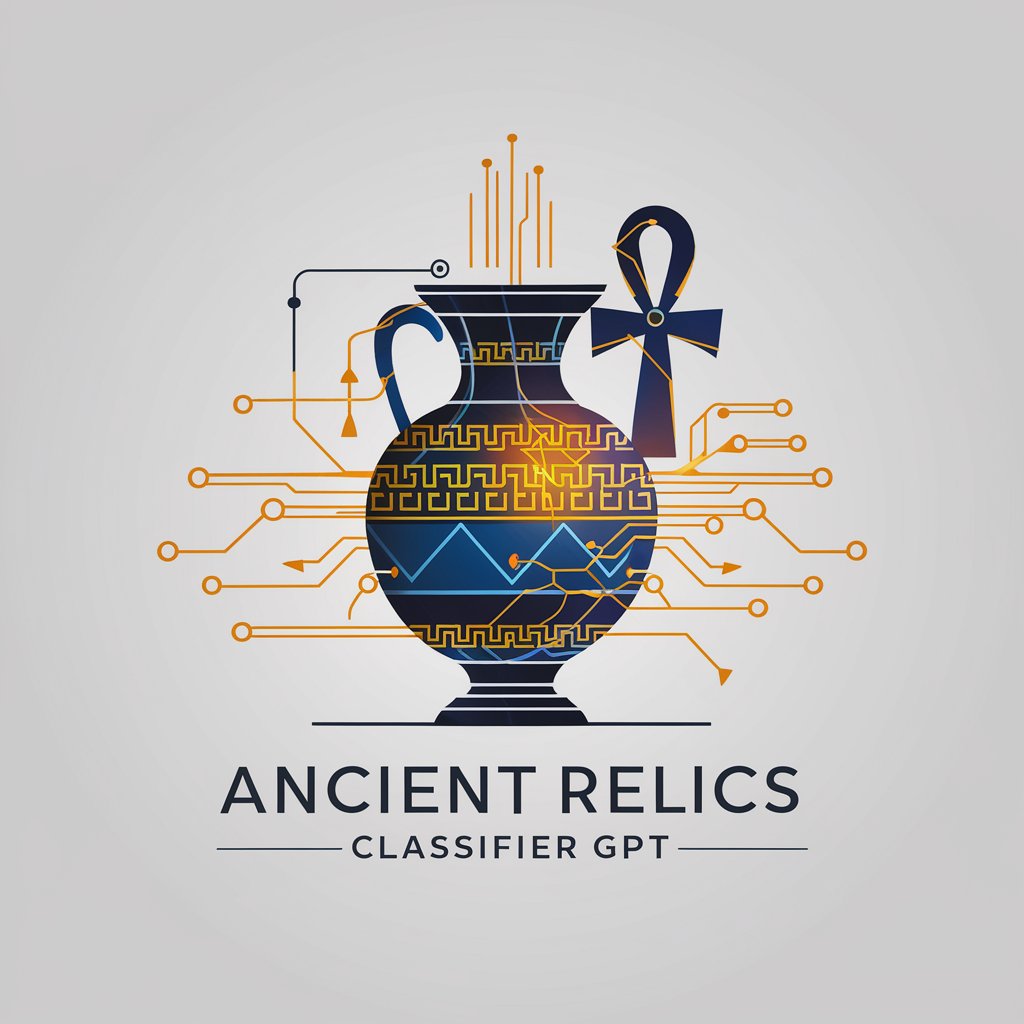
🚗💥 Auto Collision Inspector GPT
Empowering your repair decisions with AI.

🧐 FaceReader Pro Expert 🕵️
Unlock emotions with AI-powered analysis

☁️🔄 Cloud Formation Classifier 🌦️
AI-powered cloud classification at your fingertips

🎨 Art Connoisseur Identifier 🖼️
Unlocking Art's Mysteries with AI
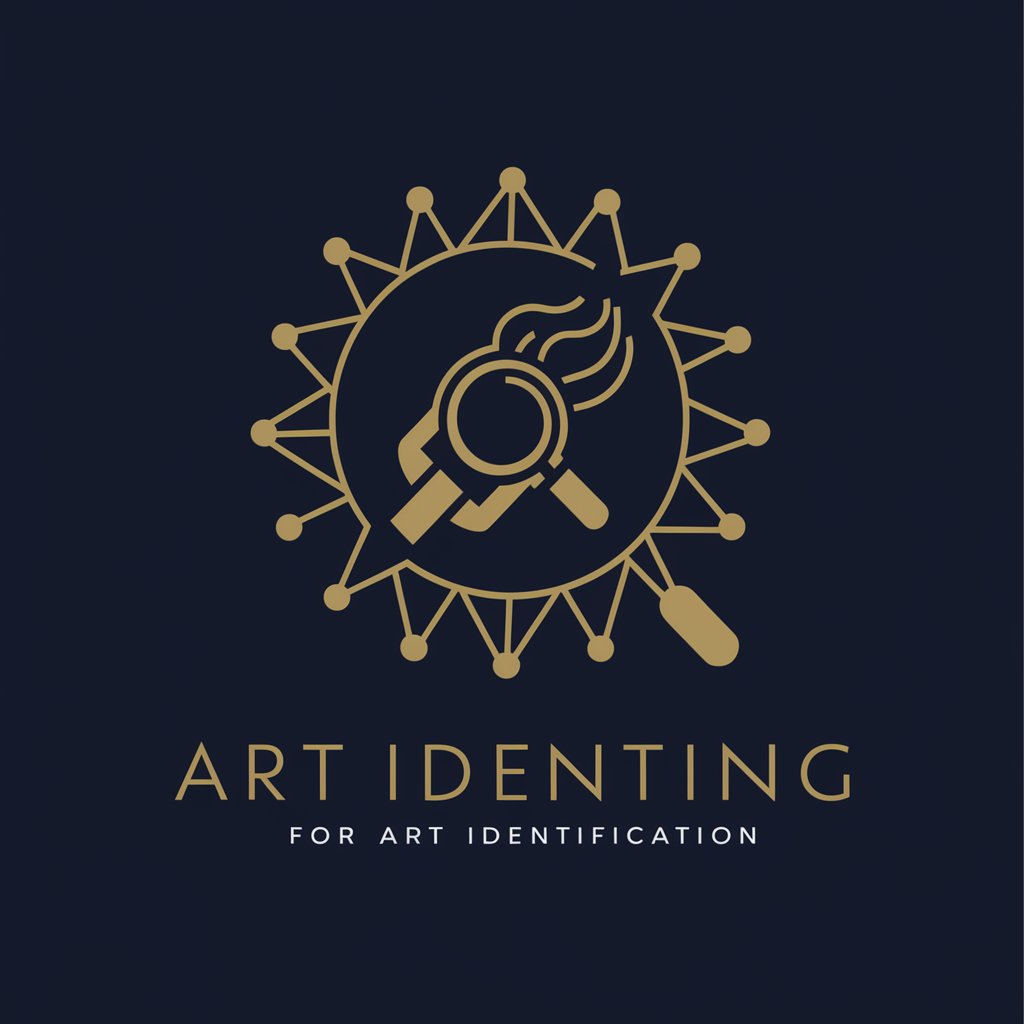
Detailed Q&A About 🐾 Urban Wildlife Spotter GPT 🦉
What kind of wildlife can the Urban Wildlife Spotter GPT identify?
It can identify a wide range of urban wildlife, from common city-dwelling species like pigeons and squirrels to less common sightings such as foxes, raccoons, and various bird species. It can also provide information on their behaviors, diet, and how they adapt to urban environments.
How can I use this tool to create a wildlife-friendly habitat in my city space?
The GPT offers advice on planting native flora, creating water sources, and providing shelter to attract urban wildlife to your area. It emphasizes creating safe, sustainable environments for both wildlife and humans.
Can Urban Wildlife Spotter GPT help with academic research on urban ecology?
Yes, it can provide data, case studies, and current research findings on urban wildlife ecology, making it a valuable resource for students and researchers.
Is the image generation feature useful for educational purposes?
Absolutely. It can generate images of different wildlife species and their habitats, serving as a visual learning aid to better understand species identification and characteristics.
How does the Urban Wildlife Spotter GPT stay updated on urban wildlife conservation?
It uses its web browsing capability to pull in the latest news and research on urban wildlife conservation, ensuring the information it provides is current and relevant.

